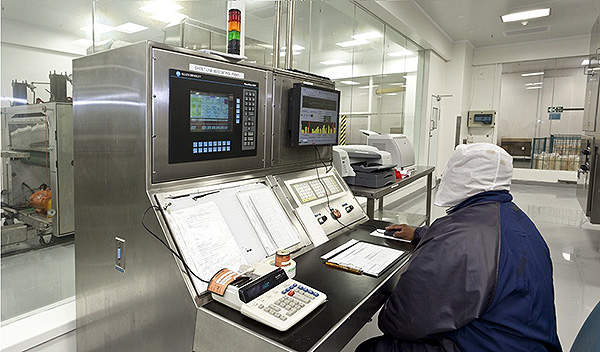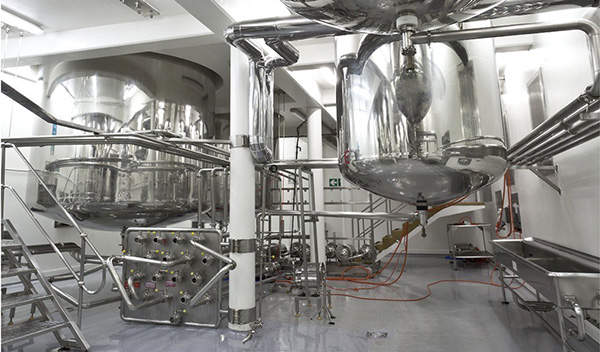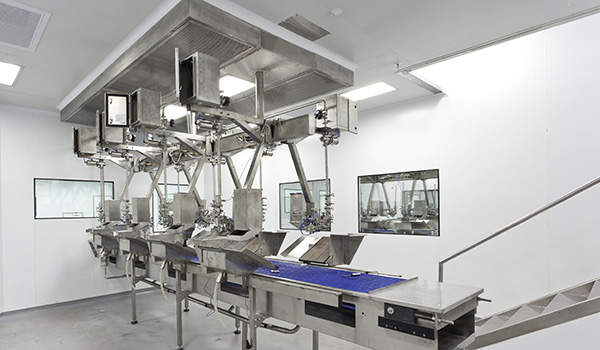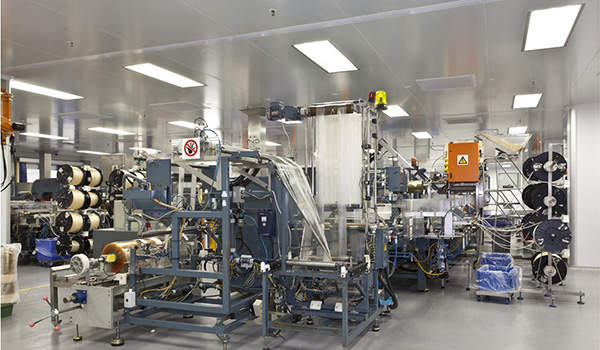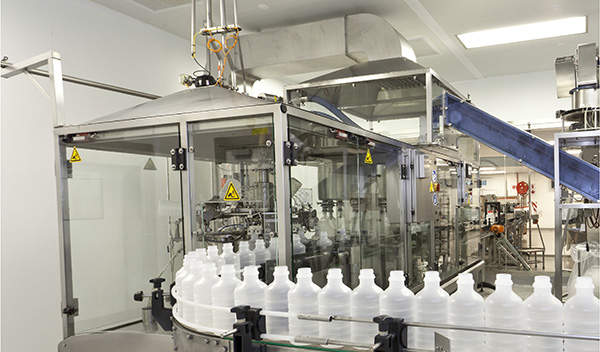%20factory/criticalcarelead.jpg)
The Adcock Ingram Critical Care (AICC) factory is an integrated pharmaceutical manufacturing and medical-grade plastics production facility in Aeroton, South Africa.
The plant manufactures intravenous medical equipment, blood collection bags, renal dialysis and healthcare products, and final finished products. Many of these are used in intensive care units and operation theatres in hospitals. The facility has around 750 employees.
The AICC facility was upgraded in May 2012 with an investment of around ZAR300m ($37m). The project aimed to upgrade machinery and equipment at the facility to improve the plant’s operational efficiency. The site also has scope for future production expansions.
Adcock Ingram is a South Africa-based company operating in the healthcare and pharmaceutical markets. The company owns factories in Wadeville, Clayville, and Bangalore, as well as local and international partners.
In addition, Adock Ingram has distribution facilities in Johannesburg, Bloemfontein, Cape Town, Durban, Midrand, and Port Elizabeth. The company employs around 3,000 workers across its operations.
Upgrading the South African facility
Plans to upgrade the facility were unveiled in 2009. The project is part of the company’s plan to invest ZAR1.5bn ($184m) in manufacturing, distribution, and warehousing facilities across South Africa.
The project enabled the Aeroton Critical Care Factory to meet the international Pharmaceutical Inspection Convention and Pharmaceutical Co-operation Scheme Standards (PIC/S). The PIC/S has been adopted by South African Medicines Control Council (MCC). The facility also meets the World Health Organization (WHO) requirements.
The upgraded facility enables Adcock Ingram to manufacture product at global standards, cope with the international competition, and tap the export opportunities.
The manufacturing capabilities of the plant will allow partnerships with dialysis providers and product distributors in the country.
The AICC upgrade project benefited the local community by providing training and upgrading of skills during the past two years.
The project will facilitate reliable supply of the products and meet the local demand from hospitals. The company also supports the Preferential Procurement Policy Framework Act of the South African Government to ensure cost efficient and secure supply.
AICC factory design and production
Related project
Cipra Medpro Ltd, Durban, South Africa
Cipla Medpro Pharmaceuticals is listed on the Johannesburg Securities Exchange and is one of South Africa’s top ten and fastest-growing pharmaceutical groups.
The Critical Care Factory covers a 10ha site in Aeroton on the south of Johannesburg. The 25,286m² facility has a 12,609m² production area, 7,144m² of warehouse space, 783m² of QC block, 1,473m² of amenities and 3,277m² of administrative offices.
The integrated facility produces empty bags and final finished pharmaceutical products on site. The plant has extrusion facilities for medical grade plastics operations, such as sheeting, tubing exteriors, and blend systems, as well as a heatseal unit for fabrication of Viaflex bags using radio frequency welding.
The manufacturing process involves compounding, filling, sterilising, packaging, testing, and releasing the drugs into market. The AICC plant produces several drugs including Vacoliter in glass bottles of capacities 200ml, 500ml and 1,000ml; and Viaflex, also called IV / Peritoneal Dialysis Solutions, in 50ml, 100ml, 200ml, 500ml, 1,000ml, 2,000ml, 2,500ml, 3,000ml, and 5,000ml containers. The plant produces Diasol Solutions in 5l packages and Fenwal blood collection bags.
The AICC plant provides compounding, filling, sterilising, packaging, testing, and releasing of small volume parenteral (SVP) and large volume parenteral (LVP) drugs. These are produced using blow-fill-seal (BFS) technology in 1ml/2ml/3ml/5ml/10ml/20ml/30ml. It also produces Nebsols using BFS technology and re-sealable water and saline pour bottles.
The plant incorporates several sustainable features such as recycling of about 100,000l of water a day, sensor-based lighting equipment and solar-powered water heaters for personal use.
Capacities at the medical-grade plastics facility
The Critical Care Factory manufactures 60 fabricated components, 40 sub-assemblies and 150 local finished products (LFG) every day. The production capacity rates are: 117,000/day of Viaflex; 120,000/day of SVPs; 13,800/day of pour water; 5,200/day of Vacolitre; 4,200/day of blood bags; 170,000/day of unfilled bags; and 3,800/day of Diasol units.

